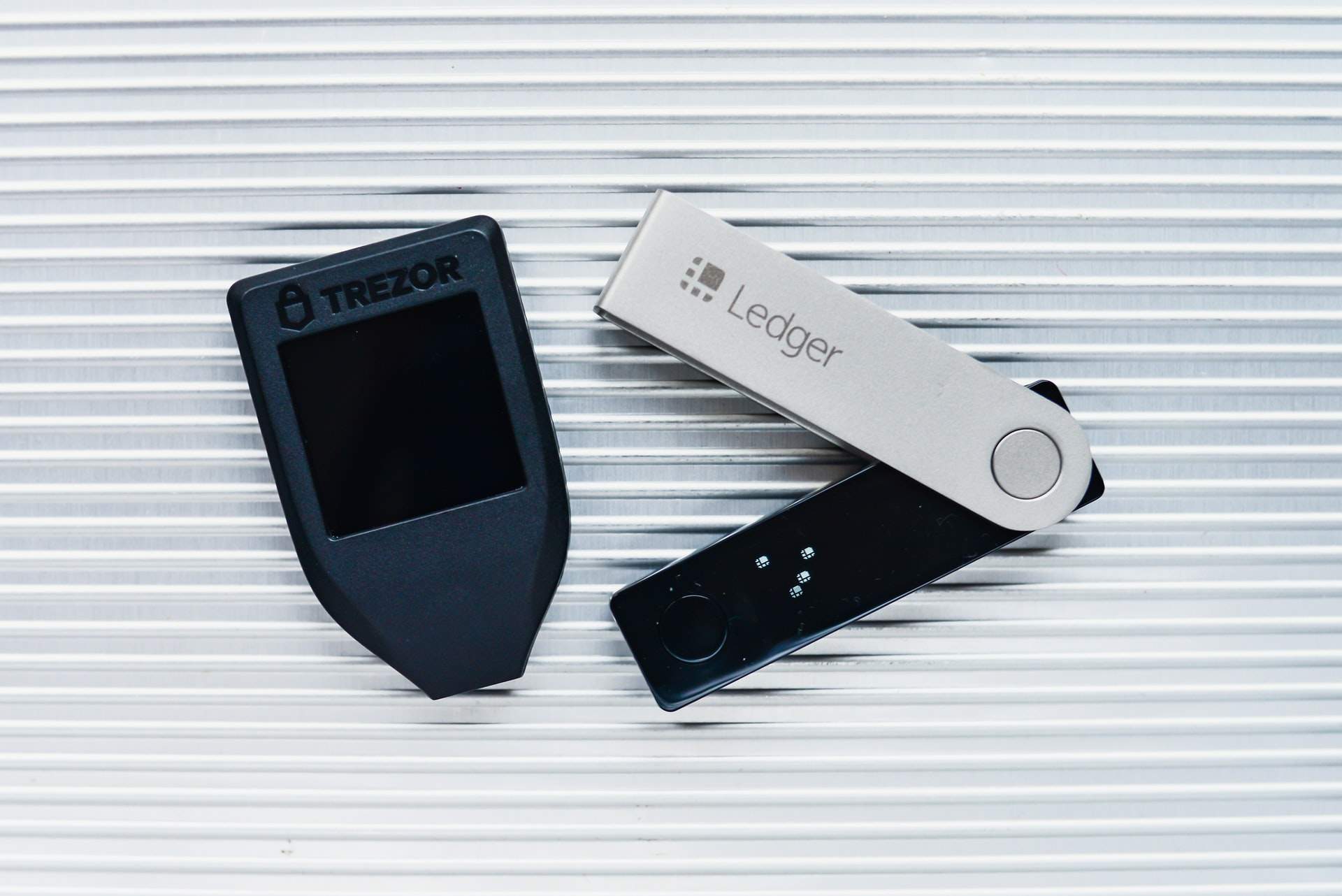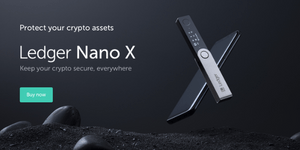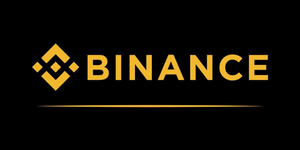-
Bitcoin Price: $62,981
1.84%
-
All-Time High: $73,738.00
14.57%
- 24h High / 24h Low: $64,728 / $62,528
-
Market Cap: $1,240,479,285,715
1.82%
- 24h Volume: $19,448,707,379
Store your cryptos safely: Which wallet is best for me?

Source: Unsplash.com
Like FIAT money, you want to make sure your cryptocurrency holdings are safe. As some hacker attacks on cryptocurrency exchanges have shown in the past, it is not wise to store cryptocurrencies in your exchange account. To help you do it better, we’ve summarized the key facts about cryptocurrency wallets here.
What is a cryptocurrency wallet?
A cryptocurrency wallet is used to manage, sent and receive cryptocurrency holdings. Wallets do not actually store cryptocurrencies per se, but the private keys to access the digital assets on the blockchain. There are different types of wallets with different features.
Popular examples: Hardware, desktop & mobile wallets
A hardware wallet is a physical cryptocurrency wallet that allows you to store your assets offline. The most popular hardware wallets are Ledger and Trezor. Hardware wallets are an example of cold wallets, which are characterized by the fact that they are not connected to the internet. Another example of cold wallets are paper wallets. This is in fact a piece of paper that contains the public address and the private key.
Desktop wallets are installed on your computer or laptop. A popular desktop wallet is Electrum, which is available for different operating systems like Windows, MacOS or Linux.
Mobile wallets can be accessed from anywhere via an app on your smartphone. An example for a mobile wallet that is available for both Android and iOS is Unstoppable.
What wallet should I use?
There is no simple answer to this question. That one wallet that is better than all the others does not exist. It all depends on what your priorities are and what features of a wallet you prefer. In general, hardware wallets are considered the most secure wallets, whereas mobile wallets, for example, are convenient to use and make your cryptos easy to access from anywhere.
Keep your private key private!
As described above, it is critically important to keep your private key and seed phrase safe and never share them with anyone. Once someone gets hold of your private key, that person will also be able to access your crypto assets!
For this reason, a well-known saying in the crypto world is: Not your keys, not your coins!
Disclaimer
This article does not provide investment advice. Historical cryptocurrency data is not a guarantee of future market developments. The author may hold several of the cryptocurrencies mentioned in this article.
Read more About
THIS WEEK’S
Trending Posts
-
 May 24, 2023
May 24, 2023Bitcoin and the Environment: Debunking the Myths
-
 February 2, 2023
February 2, 2023Explained: Advantages & Disadvantages of KYC
-
 January 24, 2023
January 24, 2023Ethereum successfully launches Shadow Fork in preparation for upcoming Shanghai Hard Fork
-
 January 11, 2023
January 11, 2023Assets worth $5 billion in cash and cryptocurrency seized from FTX
-
 December 19, 2022
December 19, 2022Stablecoins: The future of digital currency?
SPREAD THE WORD
Share this Post
HAND-PICKED
Curated Cryptocurrency Posts
-
 May 24, 2023
May 24, 2023Bitcoin and the Environment: Debunking the Myths
-
 February 2, 2023
February 2, 2023Explained: Advantages & Disadvantages of KYC
-
 January 24, 2023
January 24, 2023Ethereum successfully launches Shadow Fork in preparation for upcoming Shanghai Hard Fork
-
 January 11, 2023
January 11, 2023Assets worth $5 billion in cash and cryptocurrency seized from FTX
Didn't find the answer you were looking for?
Feel free to check our cryptocurrency market data or our comprehensive blockchain glossary.















